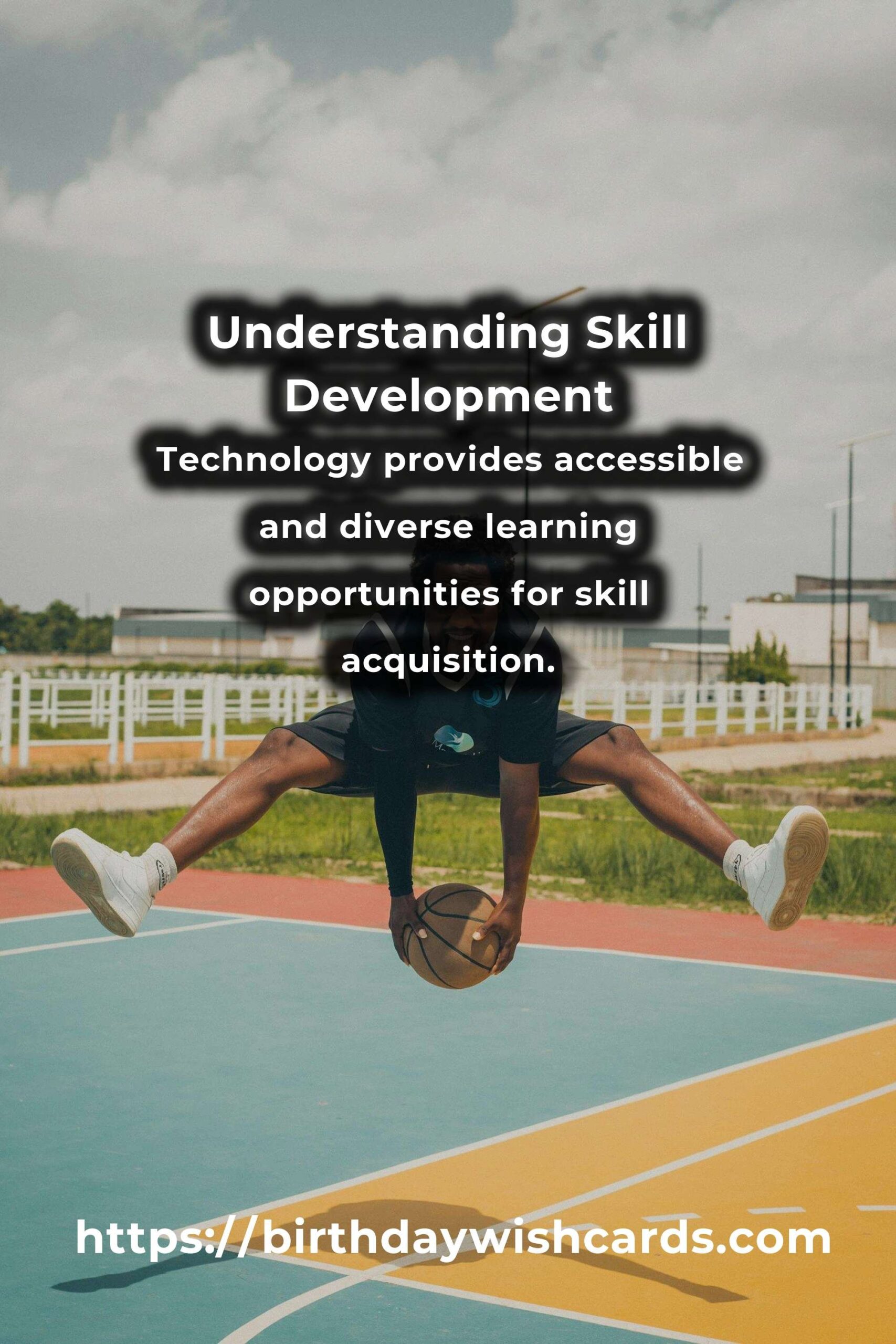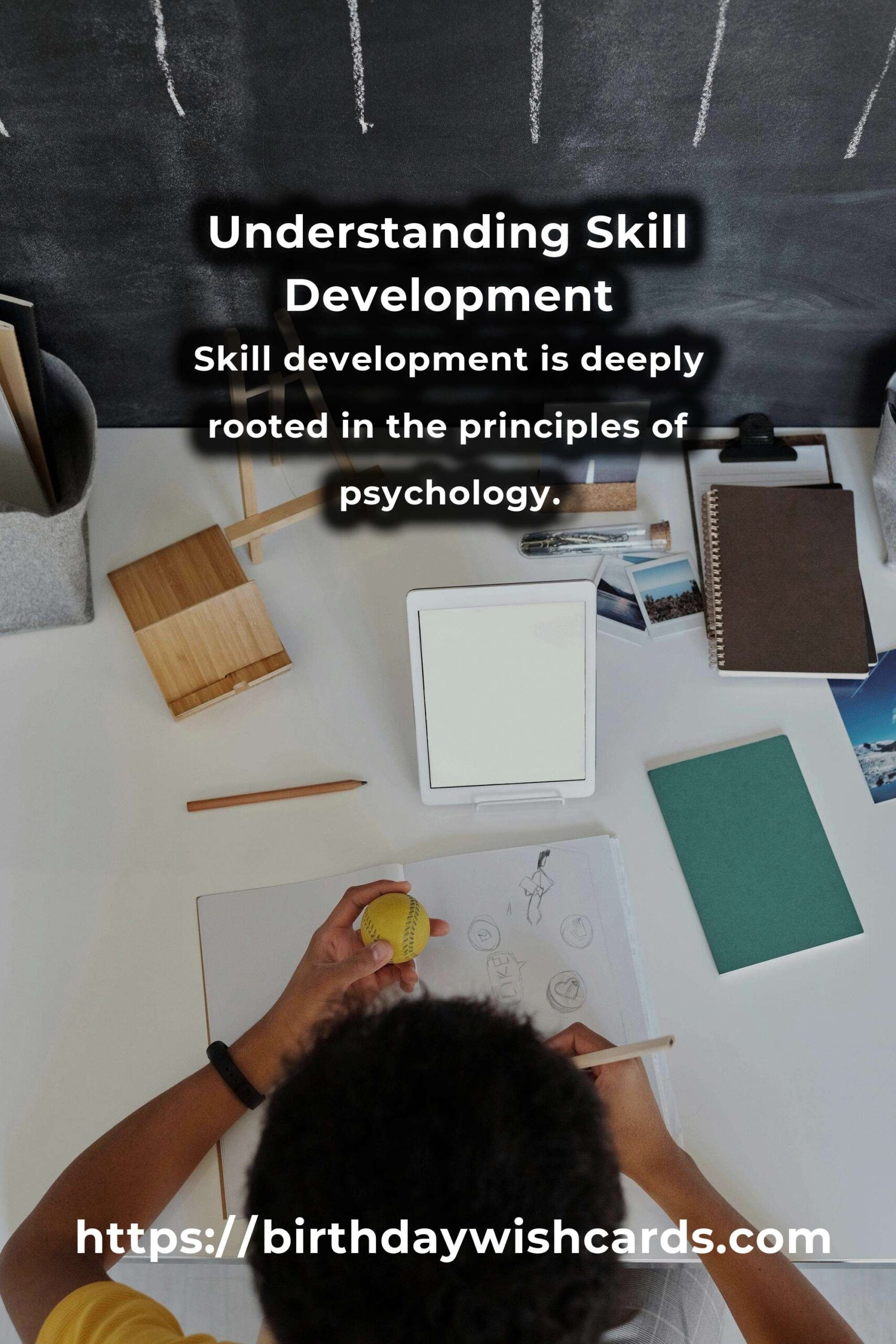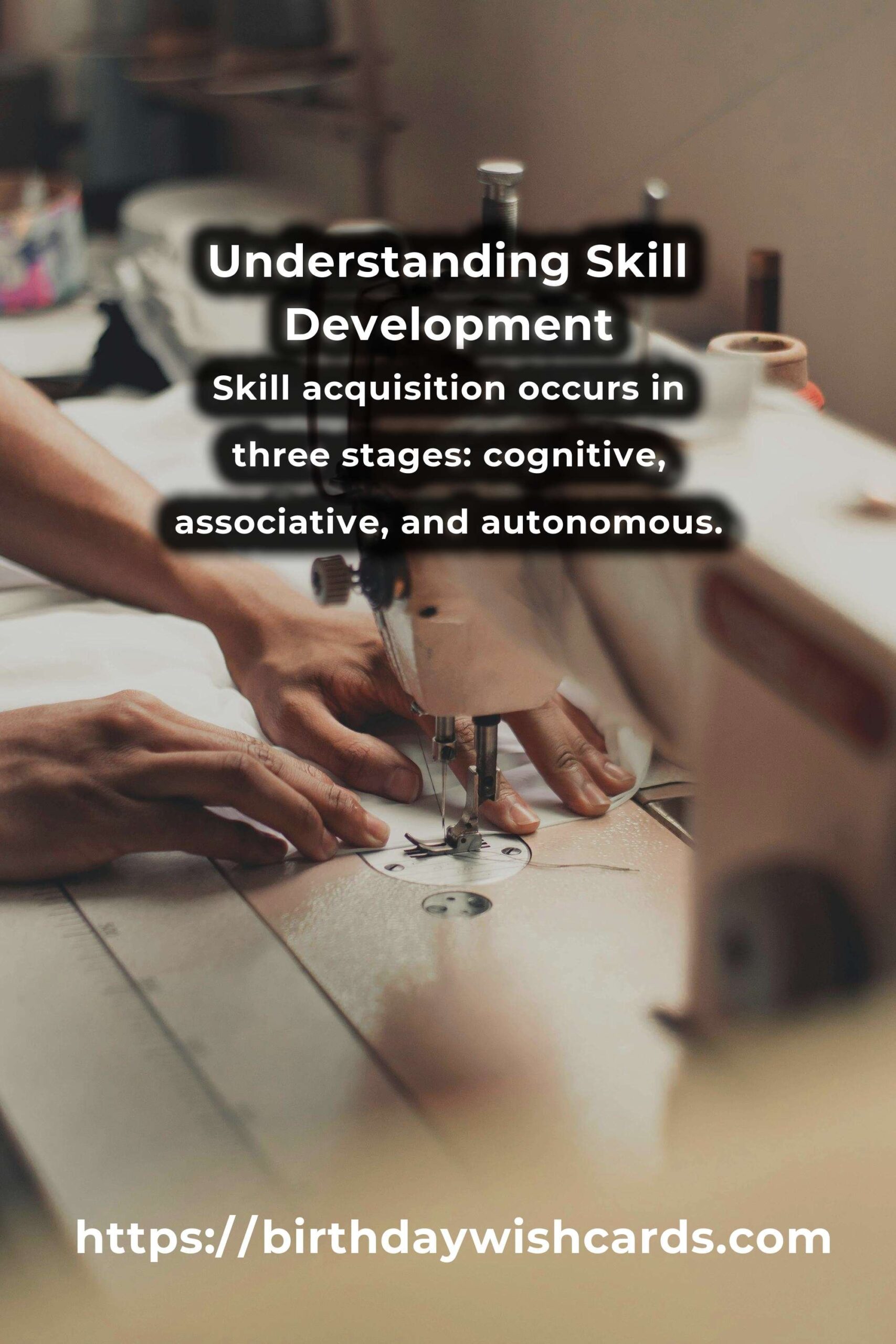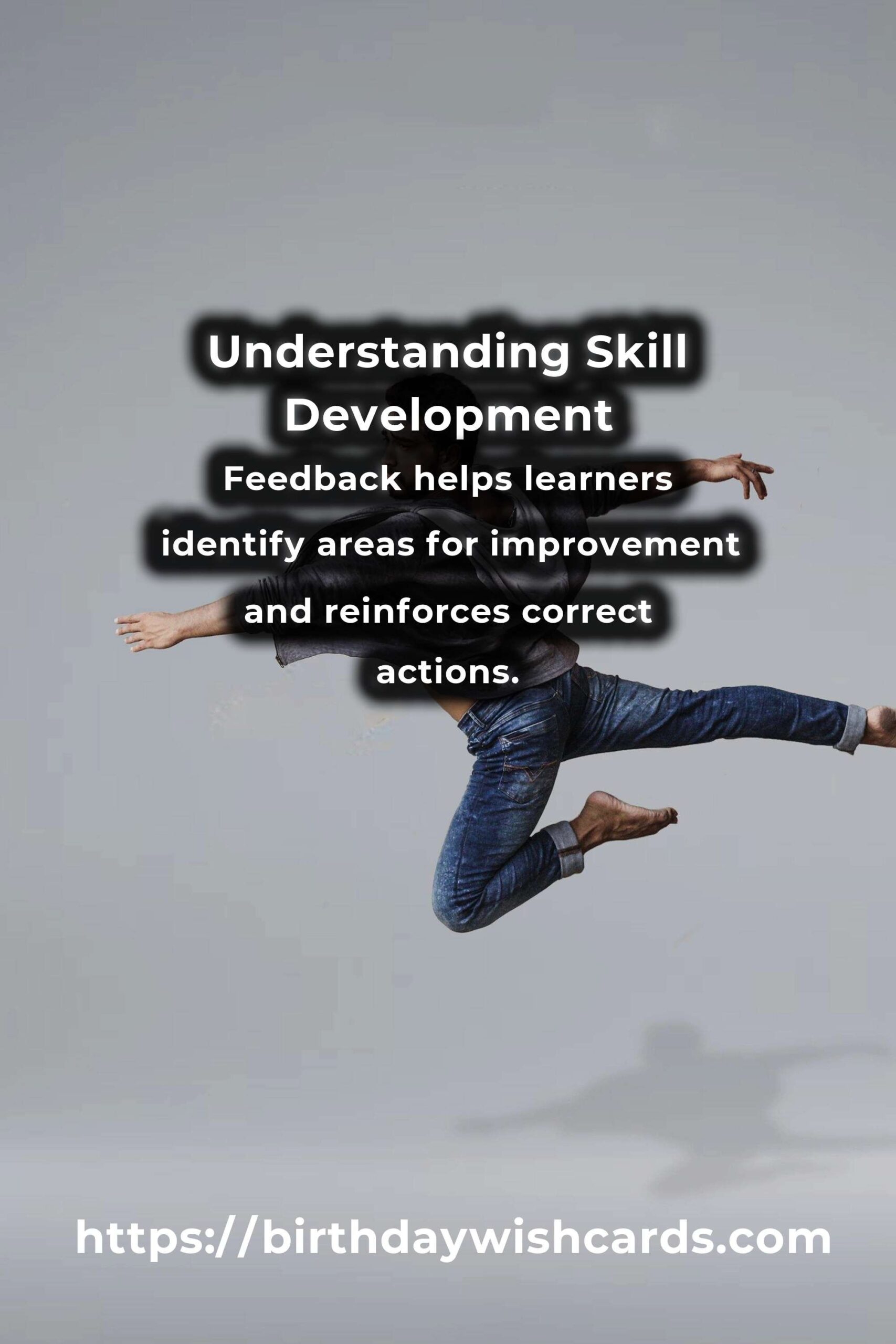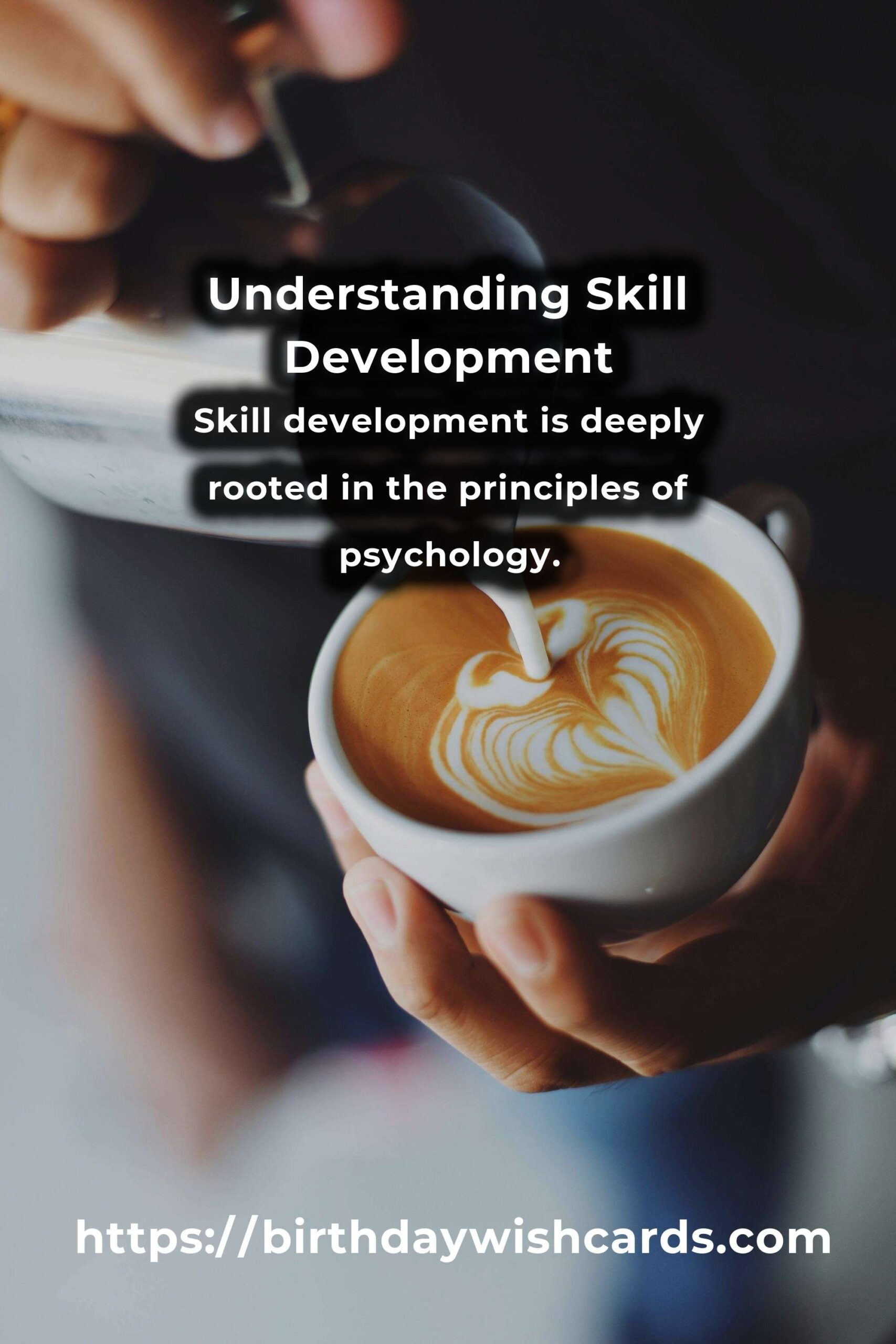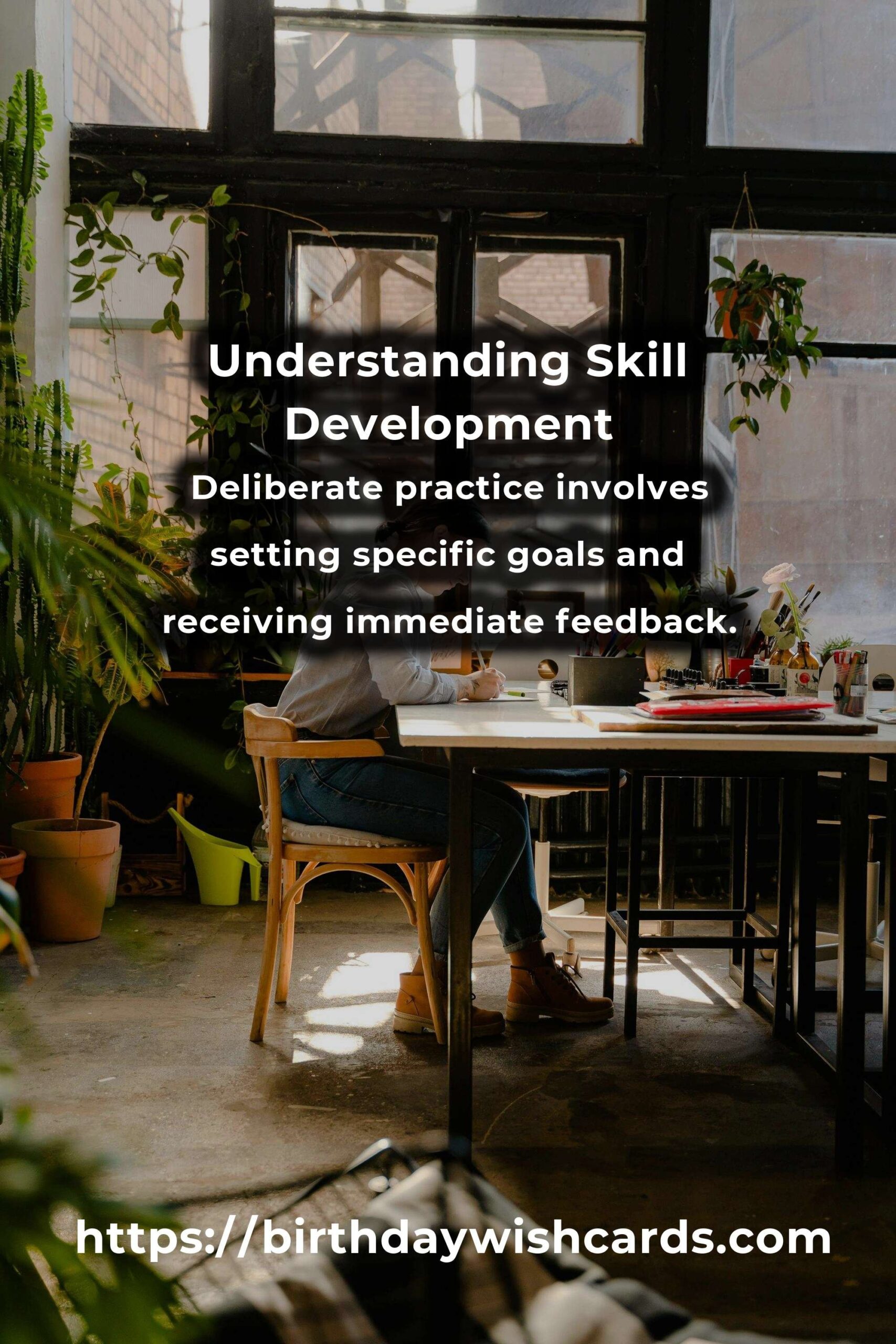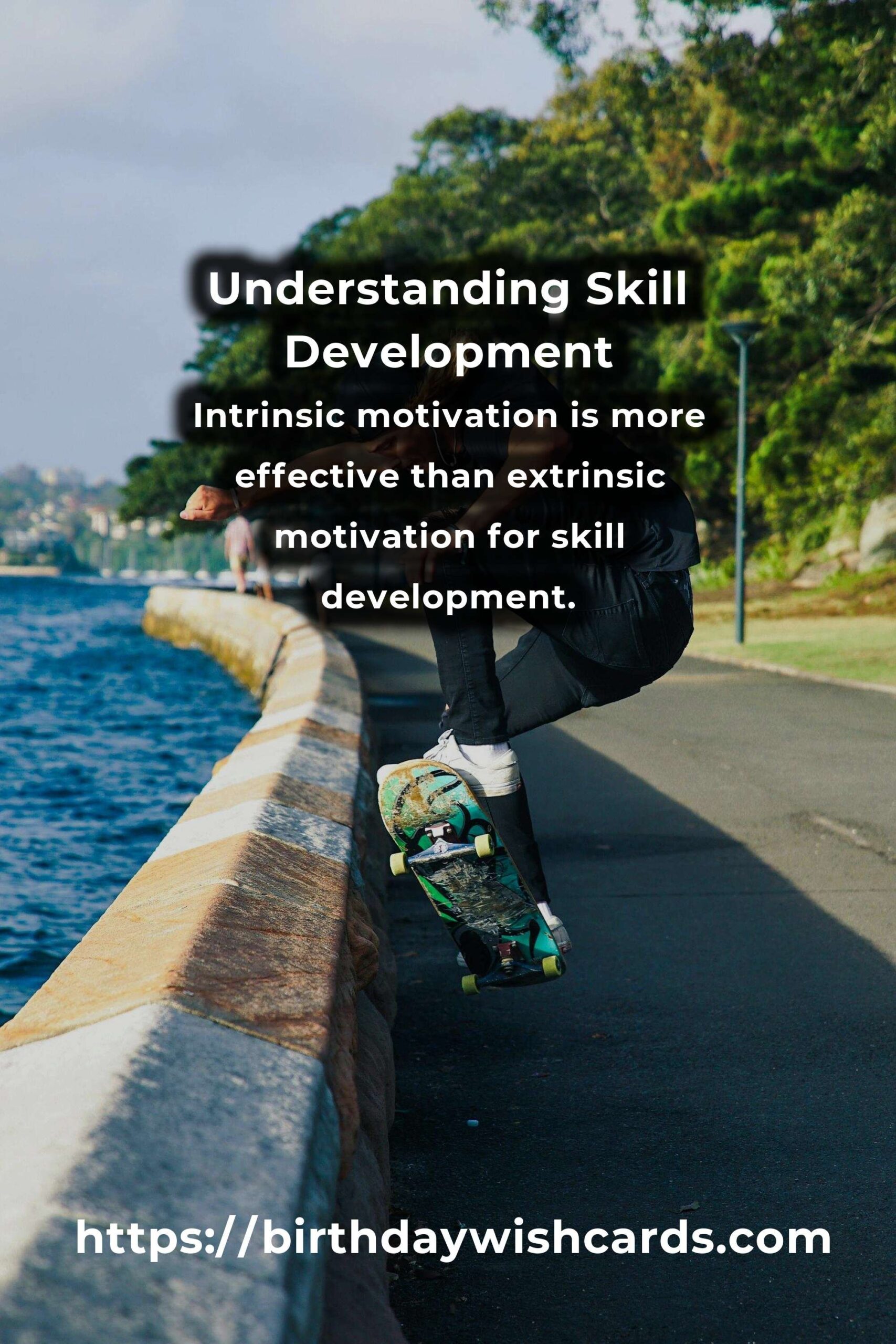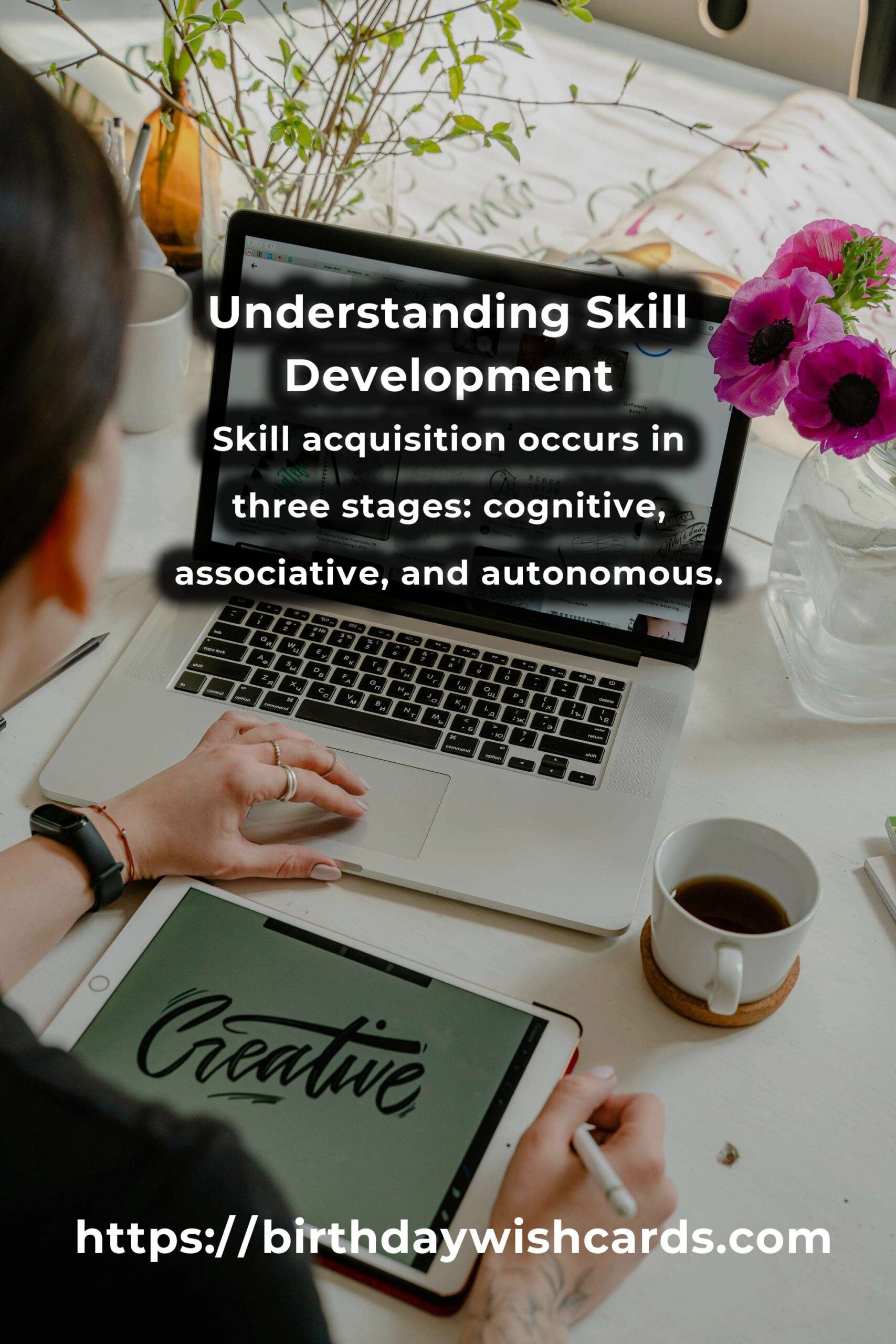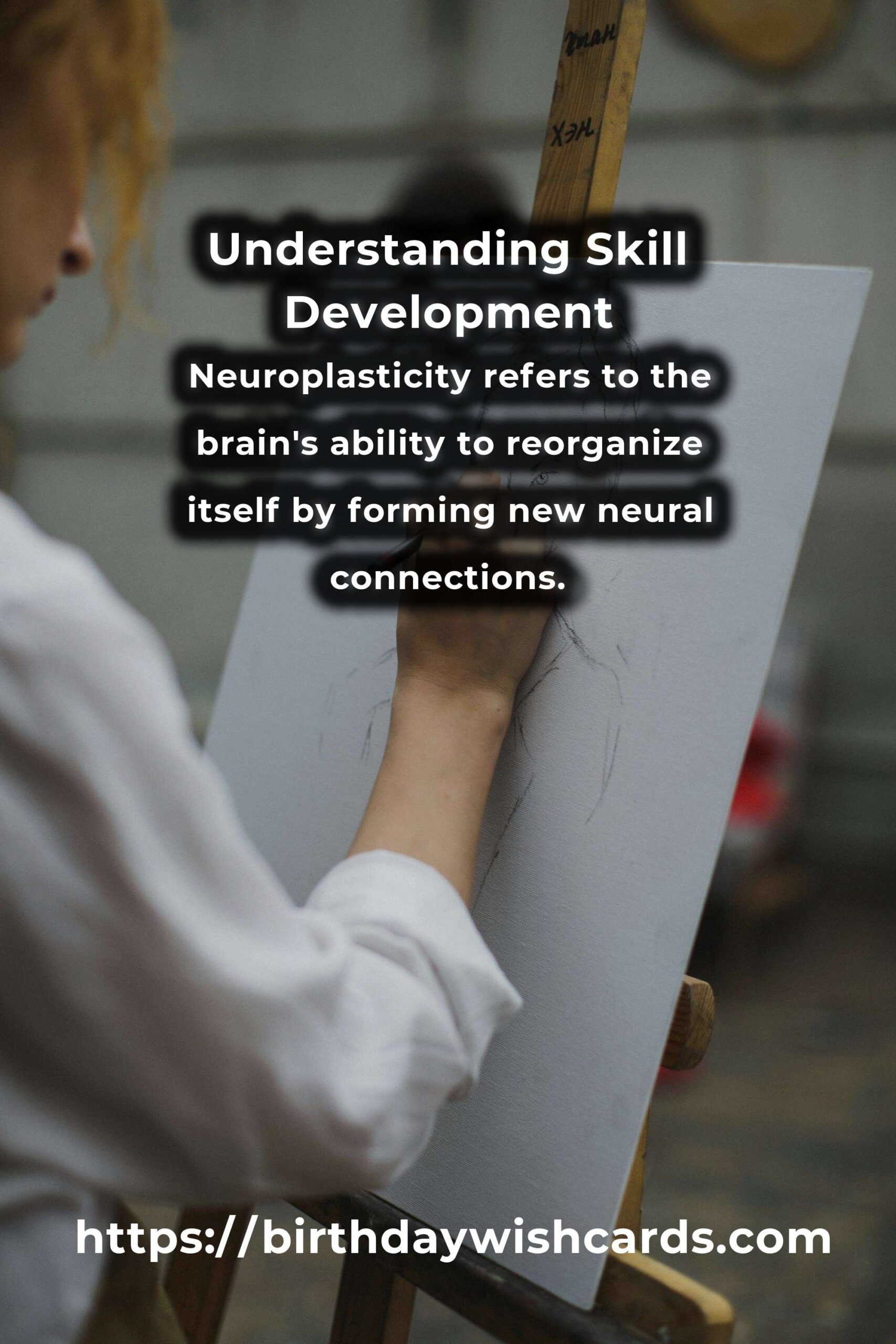
In today’s fast-paced world, mastering new skills is not just an advantage; it’s a necessity. Whether you’re aiming for a promotion or looking to acquire a new hobby, understanding the science behind skill development can significantly enhance your learning curve.
The Psychology of Learning
Skill development is deeply rooted in the principles of psychology. The brain’s ability to adapt to new information, known as neuroplasticity, plays a critical role in how we acquire new skills. Neuroplasticity refers to the brain’s ability to reorganize itself by forming new neural connections throughout life. This ability allows individuals to learn and adapt to new experiences, behaviors, and environments.
One of the key components of effective skill development is motivation. Psychologists have found that intrinsic motivation, which stems from an individual’s personal interest or enjoyment in the task, is more effective than extrinsic motivation, such as rewards or punishments.
The Stages of Skill Acquisition
According to Fitts and Posner’s model, skill acquisition occurs in three stages: the cognitive stage, the associative stage, and the autonomous stage. In the cognitive stage, learners understand what they need to do and start applying their knowledge. The associative stage involves practice and refinement of the skill, leading to fewer errors. Finally, the autonomous stage is where the skill becomes second nature and can be performed with minimal conscious thought.
Importance of Deliberate Practice
Deliberate practice is a focused and purposeful way of practicing that is essential for mastering any skill. It involves setting specific goals, receiving immediate feedback, and concentrating on technique rather than mindless repetition. Research by Dr. Anders Ericsson has shown that it’s not just the amount of practice that matters, but the quality and intentionality behind it.
Role of Feedback in Skill Development
Feedback is a crucial element in the learning process. It helps learners identify areas that need improvement and reinforces what they are doing correctly. Effective feedback is specific, timely, and constructive, enabling learners to make necessary adjustments and progress more efficiently.
Technology and Skill Development
Technology has revolutionized the way we learn new skills. Online courses, virtual reality, and educational apps provide accessible and diverse learning opportunities. These tools can cater to different learning styles, making it easier for individuals to acquire new skills at their own pace and convenience.
Conclusion
The science behind skill development reveals that learning new skills is a complex process influenced by psychological, cognitive, and technological factors. By understanding these principles, individuals can optimize their learning strategies and achieve their goals more effectively.
Skill development is deeply rooted in the principles of psychology. Neuroplasticity refers to the brain’s ability to reorganize itself by forming new neural connections. Intrinsic motivation is more effective than extrinsic motivation for skill development. Skill acquisition occurs in three stages: cognitive, associative, and autonomous. Deliberate practice involves setting specific goals and receiving immediate feedback. Feedback helps learners identify areas for improvement and reinforces correct actions. Technology provides accessible and diverse learning opportunities for skill acquisition.
#SkillDevelopment #LearningScience #CognitivePsychology #DeliberatePractice #Neuroplasticity


